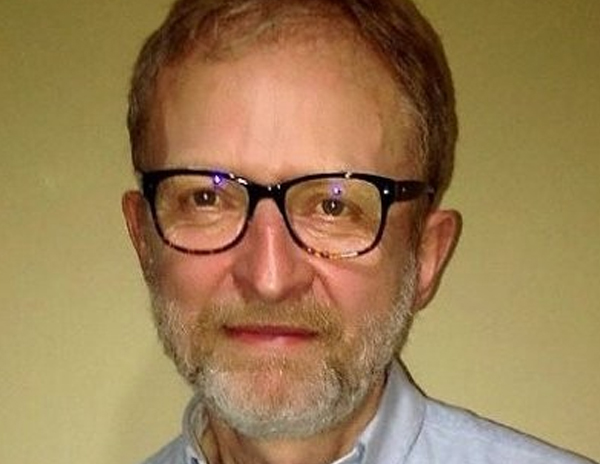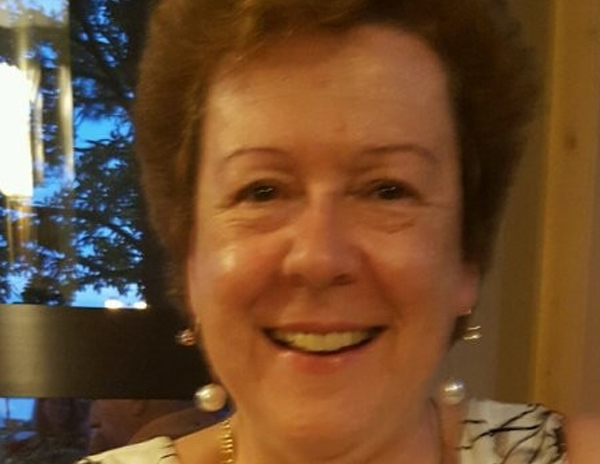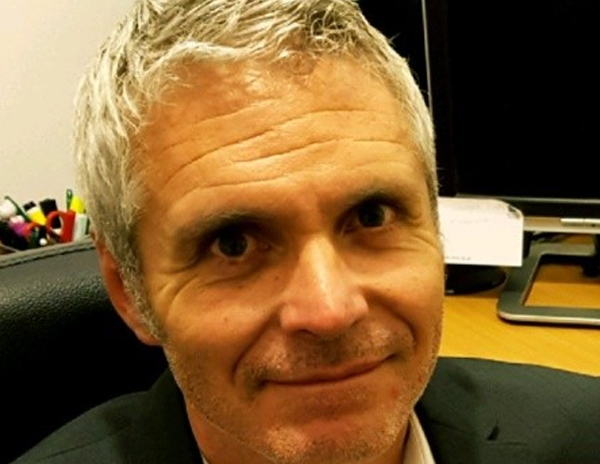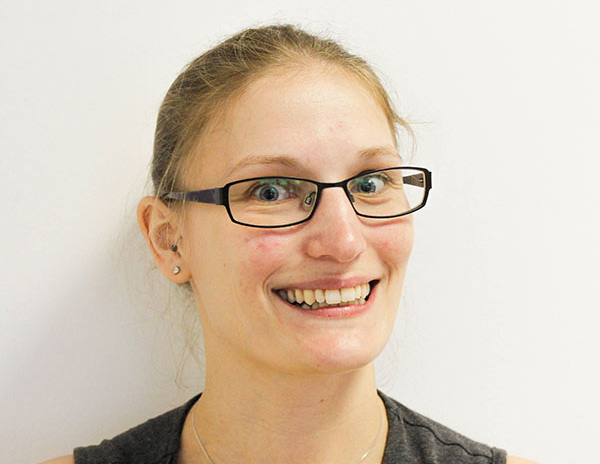Our Adoption Team supports early needs identification and specialist intervention among children and young people who are adopted. The Adoption Team provides accessible therapy services for families and education settings as and when needed. Raising awareness and understanding of the behavioural and mental health issues that some children and young people who are adopted may face, encourages parents and education settings to appropriately address those needs.
The majority of adopted children will have experienced neglect or abuse in their early childhood, which will often cause enduring problems such as attachment disorders or challenging behaviour. Adoption support is therefore an area that deserves particular focus, as good, timely support can make the difference to whether an adoptive family thrives or struggles.
Adoption A vision for change, 2016
The ASF provides funding for the first three years following an adoption. We appreciate that difficulties can arise at any point following an adoption, in particular during adolescence, which is why our ASF services are available for any duration of time following an adoption through alternative funding sources. Children and young people with adopted status may require support in other areas, such as physical or educational. At EHP we provide these services independently to the Adoption Team. Two thirds of parents who have adopted don't know about the support which can be provided and funded by the ASF. There is a fair access limit of £5,000 per family to access specialist therapeutic support, in addition to an amount of £2,500 for specialist assessments. The ASF was set up due to the high risk of adoption breakdowns without the high cost support.
There was too little support available for adopters – an Adoption UK survey in 2012 found that 64% of adopters were not informed about their entitlement to an assessment of need for support. 12 Of those adopters who had an assessment, 81% had support needs identified, but only 56% said that full support was provided. Over half needed therapeutic services, but only 28% reported receiving these.
Adoption A vision for change
Our Adoption Team consists of professionals with extensive experience with SEMH needs among children and young people who are adopted, including:
Professionals from the wider EHP team can provide specialist assessments when forming part of a multidisciplinary assessment through the Adoption Team. Working as part of a multidisciplinary team means that our specialists can provide input to assessments, interventions and training services. Using professionals who understand the background and potential SEMH challenges experienced by children and young people who are adopted ensures that our Adoption Team provide both reactive and proactive services.
EHP is registered with all major professional memberships.
The social, emotional and mental health (SEMH) challenges faced by children and young people who have been adopted can occur gradually or suddenly and can include:
SEMH needs may intensify at a quick rate due to previous experiences. Backgrounds and risk factors are kept in mind when working with children and young people with adopted status. Children and young people who have been adopted may have complex needs which require swift specialist support.
Attachment is important as it can be the underlying cause of social, emotional and mental health challenges, including behaviour. An individual's attachment needs play a role in current and future relationships, and strong, healthy relationships may be facilitated through identifying and addressing attachment needs as soon as possible. Supporting attachment maximises an individual's potential.
Children are born with a range of innate behaviours to maximise their survival. Among these is attachment behaviour, which allows the child to draw their primary caregivers towards them at moments of need or distress. ... Early attachment relations are thought to be crucial for later social relationships and for the development of capacities for emotional and stress regulation, self-control and mentalisation. Children and young people who have experienced insecure attachments are more likely to struggle in these areas and to experience emotional and behavioural difficulties. ... Repeated changes of primary caregiver, or neglectful and maltreating behaviour from primary caregivers who persistently disregard the child's attachment needs, are the main contributors to attachment difficulties.
NICE - Children's attachment: attachment in children and young people who are adopted from care, in care or at high risk of going into care
The assessments we provide in relation to attachment look at a variety of factors, which may include: parental sensitivity, socioeconomic factors, coexisting mental health problems, educational experience and the consequences of trauma.
The above list is not exhaustive as the assessment used will depend on the individual child or young person. If you would like a particular assessment to be completed then please discuss this with us prior to the assessment.
Attachment-focused interventions can take the form of training and therapeutic interventions. Interventions will be decided on a case-by-case basis and adapted to the parents, child and young person's specific situation. Examples of interventions we provide include:
A detailed background history is important to understanding the context of the attachment difficulties and how best they can be supported.
If, following assessment of attachment difficulties, an intervention is required, refer the child or young person, and their parents or carers, to a service that:
NICE - Children's attachment: attachment in children and young people who are adopted from care, in care or at high risk of going into care
Children and young people who are adopted come from a variety of backgrounds meaning that the education, health and psychological challenges faced can include:
Underlying needs may appear through behavioural actions, or through specialist assessments. It is important to identify and understand needs in order to accurately address them.
The early identification and intervention of needs within children and young people who are adopted is important due to the possible existence of unidentified or unresolved needs. Addressing needs appropriately before they escalate reduces the negative impact of needs within life.
Mental health issues are much more prevalent among looked after children and adopted children and young people, and they are also more likely to suffer certain types of mental health issues.
It's important to remember that adoption doesn't resolve these issues, and children and young people who are adopted will need access to the same type of support as looked after children.
Counselling in schools: a blueprint for the future, 2016
Children and young people who are adopted can have specific needs for which they require support. Our Adoption Team provides input to children and young people who:
There are many reasons why we would work with a child or young person with adopted status as difficulties can occur instantly or gradually over time. Difficulties may only happen when a young person experiences adolescence or a stressful life event.
Our Adoption Team works towards outcomes to benefit children, young people, education settings and families. As our Adoption Team are specialists in the needs faced by children and young people who are adopted, they are able to provide appropriate assessments, interventions, consultancy and training to manage and prevent crises. Outcomes we work towards include:
Working towards mental and emotional outcomes maximises learning potential and future life outcomes. Our Adoption Team uses measurable outcomes where possible in order to review performance and efficiency of their input. Reviewing measurable outcome measures supports service development and improvement whilst demonstrating progress.
Although it was early days for some, the almost universal experience of parents using services funded by the ASF was of significant progress having been made. Parents felt children had more self-insight and were better self-regulated, with more settled behaviour at home and at school. Parents themselves had new insights and strategies, had modified their behaviour and were managing their responses better. As a result the family environment was calmer for everyone, and several parents felt that therapy had interrupted a process likely to have led to the placement disrupting.
Adoption support fund: learning from the prototype
Yes, parents can commission our Adoption Team's services directly from us. Many of our adoption services are targeted towards parents and families in keeping with our holistic approach. Working in partnership with parents strengthens our input.
If you would like to find out more about the services we offer or to book a free initial discussion then please contact us on email office@ehp.org.uk
The need for families to have access to post adoption therapeutic support is well recognised.
Department for education - Commissioning Adoption Support - Good Practice Guide
Our Adoption Team can carry out screening and assessments to identify a broad range of needs. To offer a cost effective service we also provide training on how to carry out and interpret specific screening relevant to education settings prior to deciding whether a specialist assessment would be beneficial.
Examples of specialist assessments we provide are:
Our team are specialists and can provide a broad range of mental health assessments to identify needs.
Interventions offered by our Adoption Team include individual and group work. Individual and family interventions include:
The following groups are not exclusive to children and young people with adopted status as they would benefit students with similar difficulties:
There are many interventions which would benefit children and young people with SEMH. Our professionals can design and deliver specialist bespoke interventions upon request.
Our Adoption Team offer a variety of training sessions to parents, education settings, initial teacher training courses and other professionals. Examples of training we provide include:
Schools and other education providers should ensure that all staff who may come into contact with children and young people with attachment difficulties receive appropriate training on attachment difficulties.
NICE: Children's attachment: attachment in children and young people who are adopted from care, in care or at high risk of going into care
Transitions can be a daunting time for children and young people who have been adopted. Our Adoption Team provide transition preparation groups for students and staff to facilitate a well managed transition.
Our Adoption Team support children and young people who have been adopted and have special educational needs and disabilities through providing a broad range of services related to:
SEMH needs are the primary area of concern for our Adoption Team, and through the broader EHP service there are opportunities for swift internal referrals and consultations where necessary.
Yes, our Adoption Team can support applications for education, health and care plans in addition to other applications.
SEMH needs in relation to adopted status can occur at any point in time following an adoption, which is why our Adoption Team's role is to provide instant access to our services and professionals. Offering instant access reduces the impact and escalation of SEMH needs.
Parents, education settings, local authorities charities and other organisations can commission our Adoption Team's services. We work with all education settings including early years, primary, secondary and post-16.
Our specialist services can be accessed by education, health and other professions working with children and young people.
The Independent Sector
This sector remains a key provider for adoption support and LAs need to ensure they have engaged the independent sector in its plans by involving them in the identification of need and gaps and building a community of providers who are kept involved in the future developments of adoption support.
Department for education - Commissioning Adoption Support - Good Practice Guide
There are many reasons to use our Adoption Team as we provide:
We want to ensure every adoptive family has ongoing access to effective, multi-agency support. To achieve this we will:
Building and developing relationships is key to positive interventions, working within the school means we can use existing relationships to maximise the impact of interventions.
The ASF National Survey showed that most therapy provision, and particularly the more intensive packages of support, was commissioned through spot purchasing. SLAs were also used, often covering multi-modal support including advice, mentoring, counselling, support group and family days as well as therapy and parenting training programmes.
Adoption support fund: learning from the prototype
Our value for money Adoption Team's services can be commissioned by parents, education settings, local authorities, charities and other organisations. We achieve the right balance between efficiency, effectiveness and economy through our high quality, bespoke service.
Parents can fund our Adoption Team's services in the following ways:



Our services can be funded through a variety of ways.
Getting a good start is crucial. Adopted children aged 2 years old can get free early education and childcare. For adopted children aged 3-and 4-years old the early years pupil premium (EYPP) gives providers of early years education extra funding to support them.
Adoption A vision for change
EHP's Adoption Team is made up of professionals who are specialists when it comes to support the SEMH needs of children and young people who are adopted. Our Adoption Team is instantly accessible to reduce the impact of SEMH needs and facilitate early needs identification and interventions.
Our specialist multidisciplinary services can be commissioned through a service level agreement and as standalone input.
If you would like to find out more about the services we offer or to book a free initial discussion then please contact us on email office@ehp.org.uk
EHP © Copyright 2026. ALL Rights Reserved.
Part of Tx Group

At EHP we thrive on feedback. We're happy to hear that this page has been helpful to you, would you like to leave some feedback?
At EHP we thrive on feedback. We're sorry to hear that this page wasn't what you where looking for, how can we improve this service?
At EHP we thrive on feedback. We're sorry to hear that there was something on the page you found unsatisfactory, how can we improve this?




